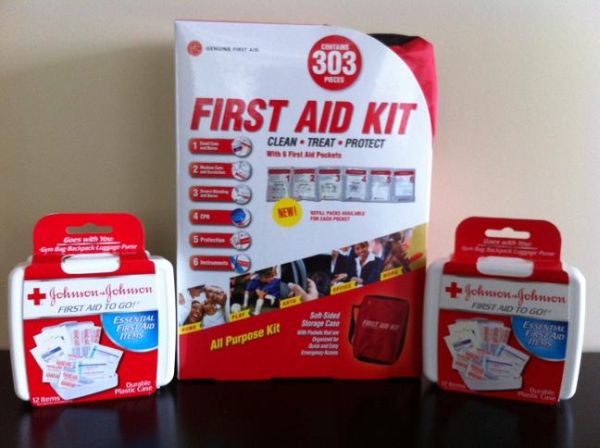Toxic shock syndrome is an uncommon but dangerous medical condition triggered by a bacterial infection. It develops once Staphylococcus aureus enters the bloodstream and produces toxins.
Even though toxic shock syndrome has been associated to the use of super-absorbent tampon among menstruating women, it can also affect children, men and individuals of all ages.
What are the symptoms of toxic shock syndrome?
The indications of toxic shock syndrome vary from one individual to another. In most instances, the symptoms manifests abruptly. The usual indications include the following:
- Abrupt fever
- Headache
- Low blood pressure
- Muscle aches
The symptoms of toxic shock syndrome might be associated to other conditions such as the flu. - Nausea
- Diarrhea
- Confusion
- Vomiting
- Rash
- Redness of the eyes, mouth and throat
- Seizures
When to consult a doctor
The symptoms of toxic shock syndrome might be associated to other conditions such as the flu. If the individual experiences the mentioned symptoms after using tampons, sustaining a skin injury or after surgery, a doctor should be consulted right away.
What are the causes?
It is important to note that infection typically develops once bacteria enters the body via an entry point in the skin such as a wound. It is still not certain why the use of tampons can oftentimes result to the condition.
It is also believed that a tampon that is in place for an extended length of time entices bacteria. Another likelihood is that the tampon fibers scratch on the vagina which creates an breach in which the bacteria enters the bloodstream.
Management for toxic shock syndrome
Toxic shock syndrome is considered as a medical emergency. Some individuals who have the condition necessitates an extended stay in the intensive care unit (ICU) for close monitoring.
The doctor will most likely prescribe an intravenous antibiotic to deal with the bacterial infection in the body. This necessitates the placement of a specialized IV line. The individual is under antibiotics for 6-8 weeks at home.
The other treatment measures for toxic shock syndrome varies depending on the underlying cause. If a tampon or vaginal sponge triggered the condition, the doctor might remove the foreign object from the body. If there is an open wound, the doctor will drain the blood or pus from the wound to clear up the infection.
Other treatment options include the following:
- Medications to stabilize the blood pressure
- Administration of IV fluids to fight dehydration
- Gamma globulin injections to suppress the inflammation and provide a boost to the immune system
What is the outlook?
Toxic shock syndrome is a medical emergency that can lead to death if left untreated. Call for emergency assistance or bring the individual to the nearest emergency department if the symptoms of toxic shock syndrome are suspected. Immediate treatment can prevent significant damage to the internal organs.


